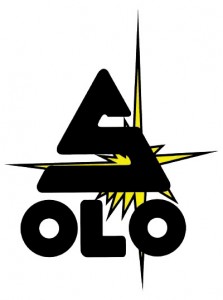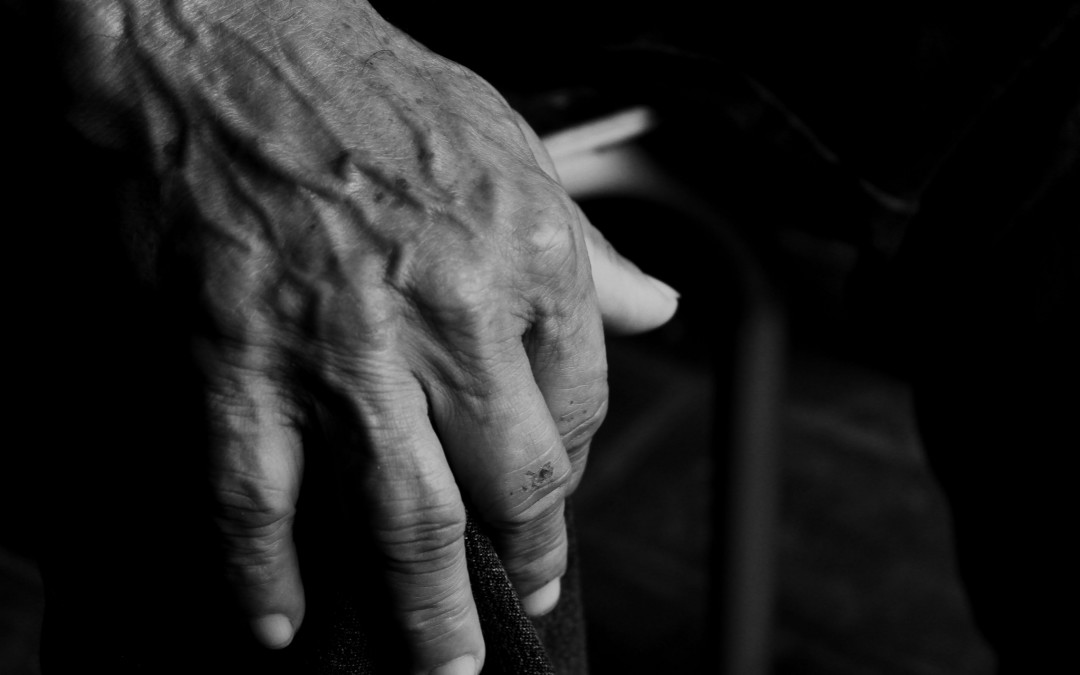This was written in April of 2012. It’s hard to watch our beloved parents age…
Two weeks ago my dad opened the door to his Jeep, hopped up onto the rocker panel, and tried to heave a ladder up over his head and onto to the roof rack. Midway through the arc the ladder got away from him and he lost his balance and pitched over backwards. At eighty-six, Dad isn’t as light on his feet as he used to be, and if this had been a gymnastics competition the judges would say that he blew the dismount. Or, to be more precise, instead of sticking the landing on his feet, he crashed down onto his right arm and shoulder, both of which promptly shattered.
I called a few days later to see how he was getting on and found him in a Vicodin-induced stupor, still mentally afloat and attached to the world, but drifting around a bit: a little dinghy on too long a mooring line. His arm was killing him (it would spasm every time he moved) and he was having trouble sleeping (he spent his nights in a reclining chair because he couldn’t get out of bed without help). I drove down after work the following Friday to see what I could do to help and to cheer him up.
I got in very late and found Dad slumped over awkwardly, dozing in the recliner in his living room, the history channel blaring loudly, a cup of stale coffee on the table next to him, his loyal dog at his feet. His arm and shoulder were in some sort of sling contraption which immobilized everything but didn’t hide the trauma — the pneumatic swelling, the purple-green discoloration, the obvious deformity. But he roused readily enough, smiled warmly when he saw me, and (figuratively) shrugged off the damage as mere inconvenience.
It’s desperately hard to watch your parents get older; to see their energy, vitality, and vibrancy ebb, to find the list of things they can do getting ever shorter. A couple of years ago we told Dad, “No more chainsaws.” And now, it seems, we must add, “No more ladders on trucks.” Independence is indeed a fleeting thing.
And so I stayed with my dad for the weekend — and he needed help with everything: getting his meals, sorting out his meds, putting on his shirt, climbing in and out of the car, getting out of bed (he’d blow a whistle several times each night and I’d come downstairs to assist him.)
Late on the last evening, Dad shuffled out of the bathroom. “Pete, I need help,” he said. His sweatpants hung low and his slippers weren’t on quite right. His teeth and hearing aids were out and his glasses were cockeyed. He needed a bath and a shave and a hug. I followed him slowly back into the bathroom and stood with him by the sink. He looked down and asked quietly, “Can you wash my hands?” Because of the apparatus holding his arm and shoulder in place, he only had one free hand, and he just couldn’t manage it. As I ran the warm water he took another halting step toward me and reached out his good hand. I took it in mine and gently worked up the lather with a bar of soap.
When I was a child I was convinced that my dad could lift anything with those hands of his, could crush a brick, could drive nails with those big calloused paws, but now his fingers seemed delicate and the skin on his palm was baby-smooth, thin, and almost translucent, like the skin of a grape. I took extra care for fear that I might slough it off while scrubbing.
Dad stood next to me, small, elderly, bent, and in pain. Tired. A little unsteady. It was late and we were alone. A shadowy bluish light flickered from a late-night movie in the other room. The dog lay fast asleep on a rug. The only sound was the gentle splashing in the sink.
Telling my dad that I love him has always come easily, the words flowing warmly like water from an open faucet. But on this night, as I carefully washed his old hands in his old sink and looked into his old weary eyes, I didn’t have to say a thing.


I went through similar experiences with my Dad. I look back on those times as my reward for having such a good Father.